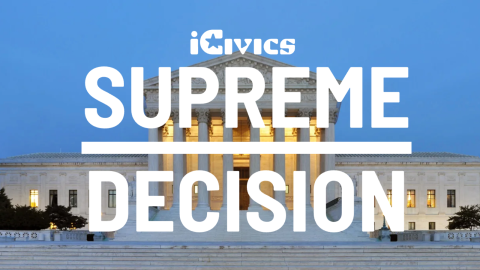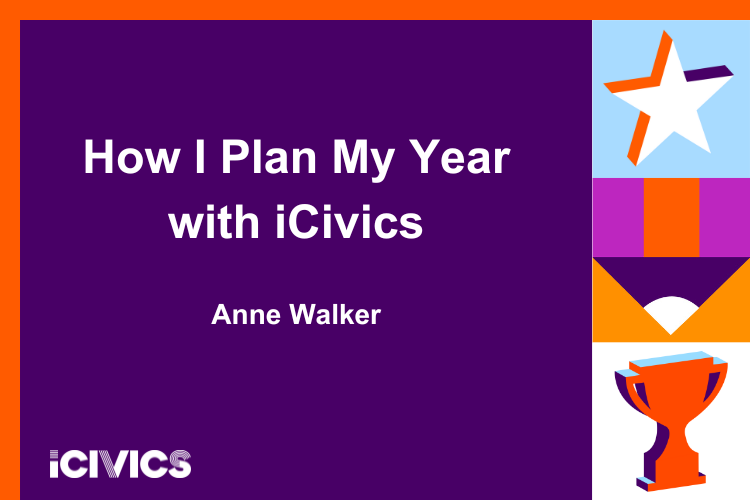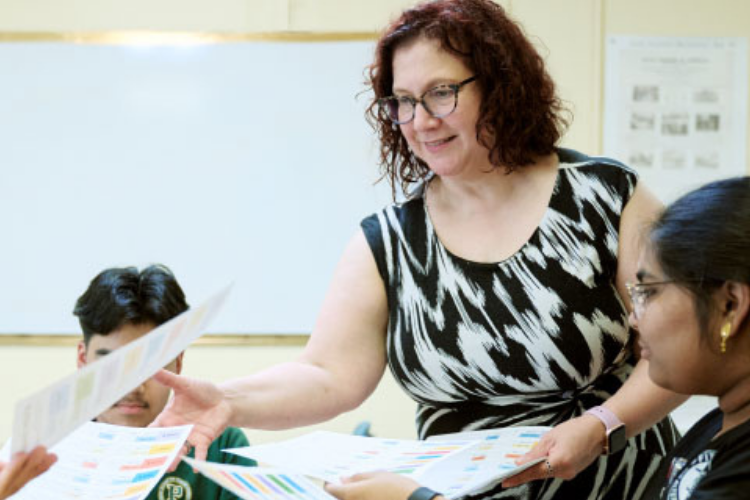iCivics launched Supreme Decision, a new simulation tool that equips teachers to guide their classrooms through a collaborative experience in which students explore different perspectives and work together to navigate landmark U.S. Supreme Court cases in U.S. history.
Supreme Decision simulations—iCivics’ first multiplayer offering—help educators turn their classroom into the Supreme Court as students are assigned the role of Petitioner, Respondent, or Supreme Court Justice. Students are guided through a web-based in-person experience where they learn about judicial lenses, are introduced to facts of the case, prepare for and present arguments, deliberate and rule, and finally discuss the results and reflect on the experience. The simulation is designed to bring the workings of the Supreme Court to life while giving students a first-person, active role in debating and deciding cases about topics that are relevant to their own lives: Student free speech and due process.
The two cases are based on real-life cases that were central to the legacy of iCivics’ Founder, Justice Sandra Day O’Connor, Tinker v. Des Moines and Goss v. Lopez.
Each module includes videos that provide context and primary sources to help students understand their assigned roles as they work through these two cases.
- In Supreme Decision: Student Free Speech, students debate the fictional case of Ben Brewer, a high school student who was suspended for violating the school dress code. Students examine the First Amendment right to free speech and apply the precedent of Tinker v. Des Moines to answer the question: Does the U.S. Constitution protect Ben’s right to wear a band T-shirt to school?
- In Supreme Decision: Due Process, students examine thefictionalcase of Jamie Johnson, a high school student who was suspended after a student protest. By applying the precedent of Goss v. Lopez and the right to due process, students will answer the question: Does the U.S. Constitution protect Jamie’s right to due process before a suspension from school?
These simulations use technology to facilitate, not replace, student interaction and engagement and create a controlled environment to have debates in a manner that allows a full range of opinions to be heard safely.




